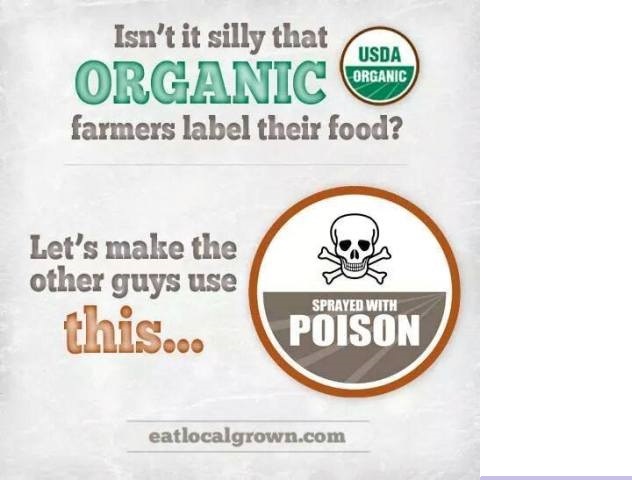The crops in the field and in the garden are grown as our grandmothers that all went well, without artificial fertilizers and without sprays, non-toxic, and with respect for nature and the environment. The organic cycle and the balance are maintained by using only products of natural origin. The organic grower has respect for the soil, the soil life and all living things. For an organic plant you grow crops that suit the land on which you are working, without artificial forcing.
 Organic farming are aiming to balance in
Organic farming are aiming to balance in
surface- and underground parts
pests and natural enemies,
fertilization and capacity of the soil
fast and slow releasing nutrients
past and future (rotation)
Biodynamic agriculture is based on anthroposophical principles of philosopher Rudolf Steiner. The method dates back to the twenties of the twentieth century, and was a worried reaction to the invention and the use of synthetic fertilizers.
The earth (and the company, the field...) is approached as an organism with a relationship between animals, plants, soil, and the cosmos. BD believes in the influence of celestial bodies, not only on the moon and tides, but also on water management and crop growth.
Soil fertility is more important than plant food, diversity in crops and animals go beyond monoculture, good life before muster well. The BD - farm sets high standards in terms of animal welfare, closed cycles and ecology. Biodynamic thinking also has a spiritual content.
For biodynamic gardeners Maria Thun has developed a sowing calendar that also takes into account crop rotation. Vegetables are classified according to the plant part used in leaf, flower, root and fruit crops. And sowing takes into account the state of galaxies.
Diversity defines the adaptability of living things.
Currently 120 cultivated species supply 90% of our plant foods. 12 crop species and 5 animal species provide 70% of the human food. Four plants (potatoes, rice, corn and wheat) and three animal species (cattle, pigs, chickens) provide more than half. Over 100,000 species have been replaced by uniform commercial varieties.
The loss of genetic diversity is estimated at 75% over the past century.
In Mexico there are still 1/5th of the maize varieties that were there in 1930.
In 1990, 90% of Irish wheat fields were littered with just six varieties. 96% of 7,098 apple varieties in early 20th century in the U.S. is gone. Ditto for 95% of cabbage, 91% of corn, 94% of peas and 81% tomato varieties.
Seed production, trade (and patents) are owned by seed multinationals in the agrochemical sector whereby also selling pesticides and fertilizers. Monopolies of monoculture.
Crops are therefore more susceptible to pests and diseases. Investors spread their risks, farmers do not do that anymore.
Vandana Shiva is a renowned Indian physicist who inspires an international movement for the preservation of native seeds, and discusses this issue politically worldwide.
An average (organic or "normal") apple contains around 100 million bacteria, the majority (around 90%) in the seeds.
Organic apples have a more diverse and balanced bacterial community with useful lactobacillus bacteria (a known probiotic) and methylobacterium extorquens that have a good influence on the taste. ‘Conventional’ apples contain escherichia shigella bacteria, pathogens that were not found in organic apples.
If You Feed The Earth.
The Earth Will Feed You.
What You Give On The Earth
Is What You Gain From The Earth.
Amadou Bah Jarou
